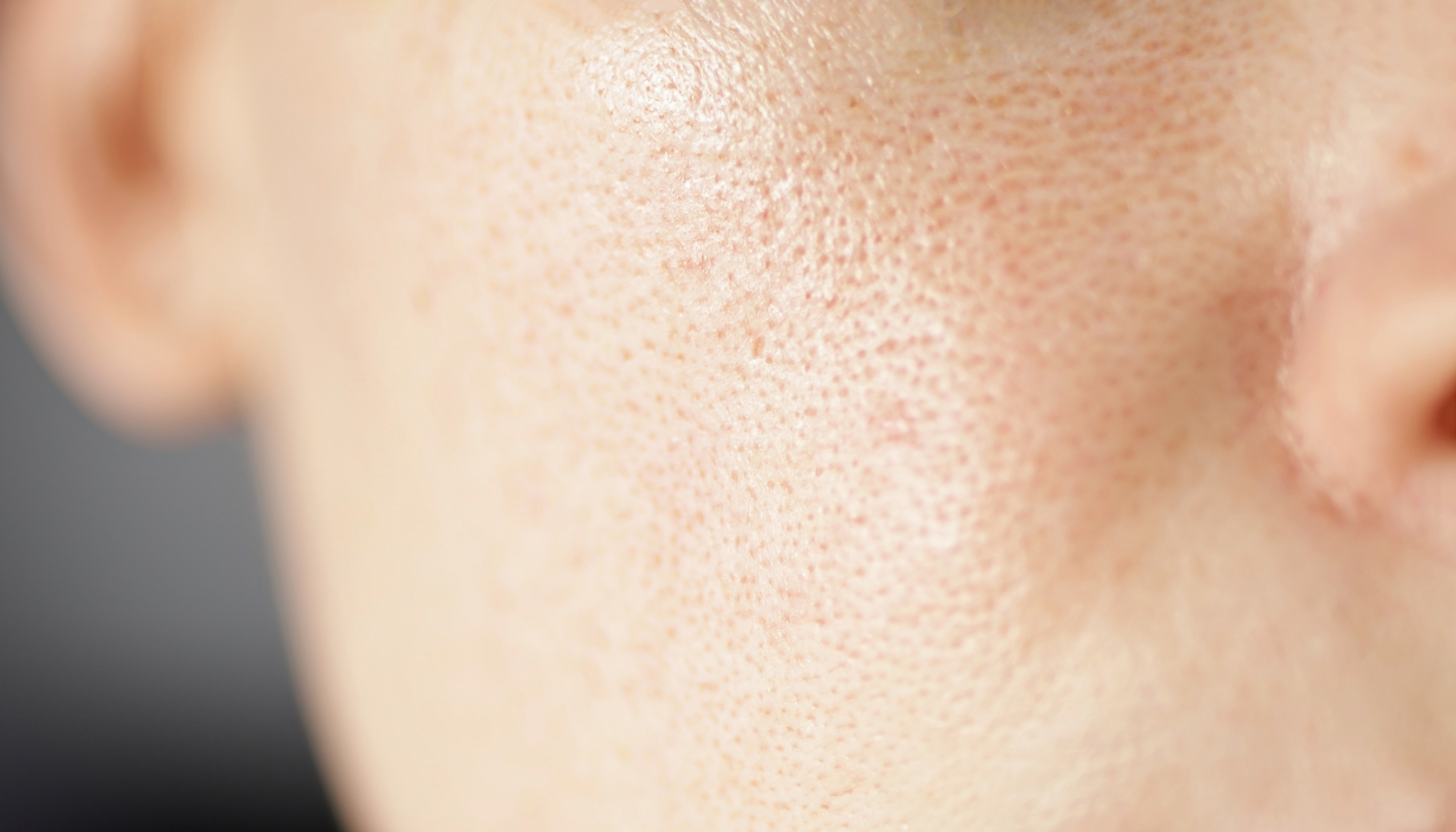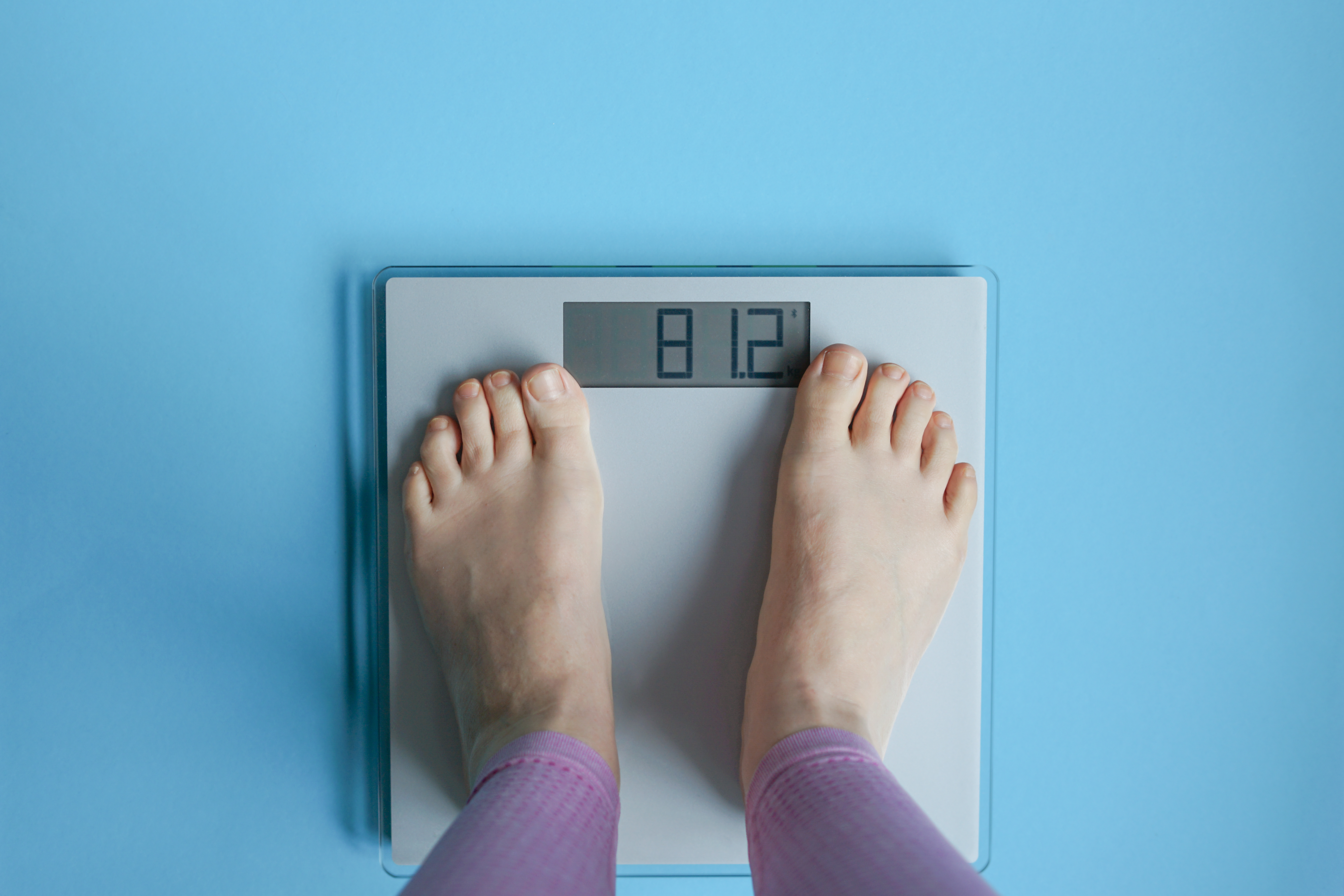Gut Trouble? 7 Early Signs You’re Off-Balance and What to Do
The human gut, often referred to as the "second brain," plays a pivotal role in maintaining overall health and well-being. It's a complex ecosystem teeming with trillions of microorganisms that communicate with our brain, influence our immune system, and even affect our mood. Navigating the subtle whispers of your gut involves understanding the delicate balance within this microbiome. When harmony is disrupted, it can manifest in various ways, signaling the need for restoration. This article explores the 7 early signs of gut imbalance and offers insights into how you can restore harmony, ensuring your gut continues to perform its vital functions effectively.
Sign 1: Digestive Distress

One of the most apparent signs of gut imbalance is digestive distress, which can include symptoms like bloating, gas, diarrhea, or constipation. These issues often arise when the balance of gut bacteria is disrupted, leading to poor digestion and nutrient absorption. Factors such as a diet high in processed foods, stress, or antibiotic use can contribute to this imbalance. Listening to these subtle whispers from your gut is crucial. By identifying and addressing the root causes, such as incorporating more fiber-rich foods or probiotics into your diet, you can begin to restore balance and alleviate digestive discomfort.
Sign 2: Unexplained Fatigue

A gut out of balance can also manifest as unexplained fatigue. The gut is responsible for producing and regulating several neurotransmitters, including serotonin, which plays a role in mood and sleep. When the gut is not functioning optimally, it can lead to disruptions in sleep patterns and energy levels. Additionally, an imbalanced gut may not effectively break down food and absorb nutrients, leading to deficiencies that contribute to fatigue. Recognizing this connection allows you to address the root cause by improving your diet, managing stress, and considering supplements to support gut health and energy levels.
Sign 3: Skin Reactions

The skin is often a reflection of what's happening inside the body, and gut health is no exception. Conditions such as acne, eczema, or rosacea can be linked to an imbalanced gut. The gut-skin axis is a pathway through which gut health influences skin condition. An imbalance can lead to increased inflammation and permeability, allowing toxins and pathogens to enter the bloodstream and trigger skin reactions. Addressing gut health through dietary changes, such as reducing sugar and processed foods, and incorporating anti-inflammatory foods can lead to clearer, healthier skin.
Sign 4: Mood Swings and Anxiety

The gut-brain axis is a bidirectional communication system that connects the gut and the brain. An imbalance in gut bacteria can affect this communication, contributing to mood swings, anxiety, and even depression. The production of neurotransmitters like serotonin and dopamine is influenced by gut health, highlighting the importance of a balanced microbiome for mental well-being. Strategies to restore harmony include consuming prebiotics and probiotics, engaging in regular physical activity, and practicing mindfulness or relaxation techniques to reduce stress and support gut-brain health.
Sign 5: Frequent Infections

A compromised gut can lead to a weakened immune system, making you more susceptible to infections. The gut-associated lymphoid tissue (GALT) is a critical component of the immune system, and its effectiveness is closely tied to the health of the gut microbiome. An imbalance can impair immune responses, leading to frequent colds, flu, or other infections. Strengthening the gut with a balanced diet rich in vitamins, minerals, and probiotics can enhance immune function, reducing the frequency and severity of infections and promoting overall health.
Sign 6: Weight Fluctuations

Unexplained weight loss or gain can be another indicator of gut imbalance. The gut microbiome plays a role in metabolism and energy regulation, influencing how your body processes food and stores fat. An imbalance can disrupt these processes, leading to weight fluctuations. Understanding this connection allows you to take proactive steps, such as improving dietary habits, increasing physical activity, and considering gut-supporting supplements. These changes can help regulate metabolism, promote a healthy weight, and restore balance to your gut.
Sign 7: Food Intolerances

Food intolerances, such as lactose or gluten intolerance, can develop when the gut is imbalanced. This occurs because an unhealthy gut may struggle to produce the enzymes needed to digest certain foods. As a result, consuming these foods can lead to discomfort and digestive issues. Identifying and eliminating trigger foods from your diet while working to restore gut health through probiotics, fermented foods, and other gut-friendly practices can help alleviate symptoms and improve tolerance over time. By listening to your gut's whispers, you can make informed dietary choices that support overall well-being.
Restoring Harmony: A Holistic Approach

Restoring gut harmony requires a holistic approach that addresses both lifestyle and dietary factors. It begins with recognizing the signs of imbalance and making conscious choices to support gut health. This includes consuming a diverse diet rich in fiber, prebiotics, and probiotics, managing stress through mindfulness practices, and ensuring adequate sleep and hydration. Regular physical activity can also promote a healthy gut by enhancing digestion and reducing stress. By adopting these strategies, you can restore balance to your gut, improve overall health, and enjoy the benefits of a well-functioning "second brain."
